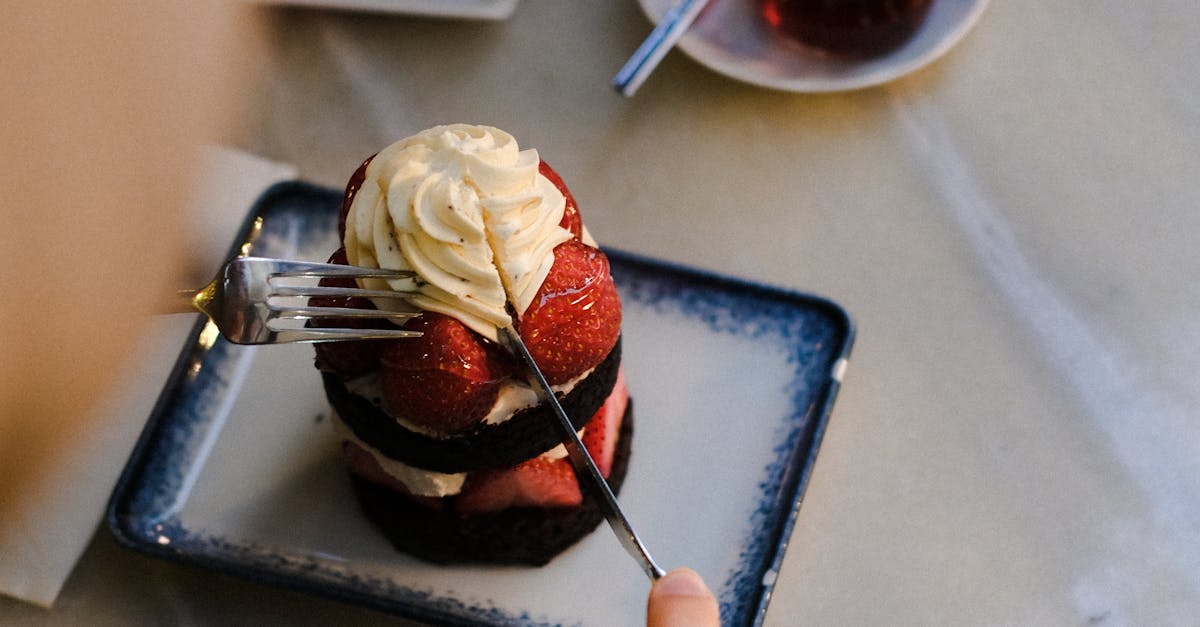
Do you have to brush Turkey teeth?
Alternatives to Brushing Turkey Teeth
Regular dental care for turkeys can extend beyond traditional brushing. Providing various textures in their diet helps naturally clean their teeth as they forage. Gritty foods can assist in scrubbing away plaque while promoting stronger beaks and healthier gums. Incorporating items such as gravel or certain vegetables can encourage this natural dental maintenance and keep their mouths in optimal condition.
In addition to dietary choices, other methods can support turkey oral health. Chewing on safe, hard items like certain bones or specially designed dental chews can provide mechanical cleaning benefits. These alternatives ensure that turkeys maintain a good level of dental hygiene while also enjoying their feeding routine. Choosing the right methods is essential for keeping your turkey’s teeth healthy without the need for a toothbrush.
Natural Remedies for Dental Care
Maintaining the dental health of turkeys can be supported through various natural remedies. Incorporating specific herbs into their diet may aid in keeping their gums healthy and reducing plaque. For instance, thyme and rosemary not only offer flavour but also possess antibacterial properties. Additionally, offering supplements rich in omega fatty acids can contribute to overall oral health, promoting a shiny beak and potentially healthier teeth.
Another beneficial approach involves leveraging the natural behaviour of turkeys. Providing access to grit helps them grind their food effectively, which also assists in cleaning their teeth. Fresh fruits and vegetables can be included in their diet to encourage chewing and stimulate saliva production, further aiding in the natural cleaning process. Ensuring that turkeys have opportunities to forage for their food can be a great way to promote dental care alongside their regular maintenance.
Professional Dental Care for Turkeys
Regular veterinary check-ups play a critical role in maintaining the oral health of turkeys. Routine examinations can help identify dental issues early on, such as overgrowth of beaks or any signs of infection. A veterinarian familiar with avian species can provide targeted advice on dietary adjustments and specific care that can benefit turkey teeth. They may recommend professional cleaning to ensure that plaque and tartar are effectively managed.
Sometimes, dental problems require more than just routine care. If a turkey displays signs of discomfort while eating, such as reluctance to feed or unusual vocalisations, it is essential to seek professional assistance. A qualified avian vet can diagnose underlying issues, from dental disease to injuries, and propose appropriate treatment options. Regular dental care and attention can significantly enhance a turkey's quality of life and overall health.
When to Seek Veterinary Assistance
Monitoring a turkey's dental health is crucial for their overall well-being. If a turkey displays signs of discomfort, such as difficulty eating, excessive drooling, or visible swelling around the beak and gums, it may indicate an underlying dental issue. Keeping an eye on these symptoms can help catch potential problems early, allowing for prompt treatment.
Regular veterinary check-ups can ensure that a turkey’s teeth are healthy. A veterinarian can provide professional dental care, assess any required treatments, and offer guidance on maintaining optimal dental hygiene. If there are concerns about the turkey’s oral health, seeking veterinary assistance without delay is advisable.
The Impact of Diet on Turkey Teeth
A turkey's diet plays a significant role in maintaining dental health. Providing a balanced diet rich in essential nutrients helps support strong teeth and prevent dental issues. Ingredients like whole grains, greens, and seeds can contribute to better overall health. These food options not only provide the energy needed for daily activities but also encourage natural chewing, which aids in keeping the beak and surrounding areas clean.
Certain foods can foster dental well-being in turkeys. Incorporating coarse, fibrous materials into their diet can stimulate the natural cleaning process as they chew. Additionally, offering natural grit provides important minerals that contribute to dental strength. Being mindful of dietary choices can greatly influence oral hygiene, making it an essential aspect of turkey care.
Foods That Promote Dental Health
A healthy diet plays a crucial role in maintaining the dental health of turkeys. Providing your birds with a balanced mix of grains, vegetables, and proteins can contribute significantly to preventing dental issues. Foods rich in calcium, such as leafy greens and small amounts of dairy, help strengthen teeth and bones. Incorporating fibre-rich options, like carrots and certain fruits, allows for natural cleaning as turkeys forage, aiding in the removal of plaque.
Additionally, items that require more chewing can help naturally wear down any buildup on their teeth. Whole grains and seeds promote chewing activity, which is essential for proper dental hygiene. The right mix of nutrition not only supports overall health but also ensures turkeys maintain strong and healthy teeth over time.
FAQS
Do turkeys need their teeth brushed like pets?
Turkeys do not have traditional teeth like mammals; they have a beak and a gizzard that help them grind food. Therefore, brushing is not necessary.
What alternatives are there to brushing a turkey's teeth?
Alternatives include providing natural remedies for dental care, such as certain types of vegetation that can help clean their beaks, and ensuring they have a balanced diet.
How can I maintain my turkey's dental health naturally?
You can maintain your turkey's dental health through natural remedies like providing fresh greens, grit, and other fibrous foods that promote chewing and help clean their beaks.
When should I seek veterinary assistance for my turkey's dental health?
You should seek veterinary assistance if you notice signs of discomfort, difficulty eating, or any abnormalities in the beak or gizzard that could indicate dental issues.
How does diet affect a turkey's dental health?
A diet rich in fibrous foods can promote better dental health in turkeys, as it encourages natural beak wear and helps prevent the buildup of debris.
Related Links
Where do celebrities get their teeth done in the UK?Do fake teeth smell?